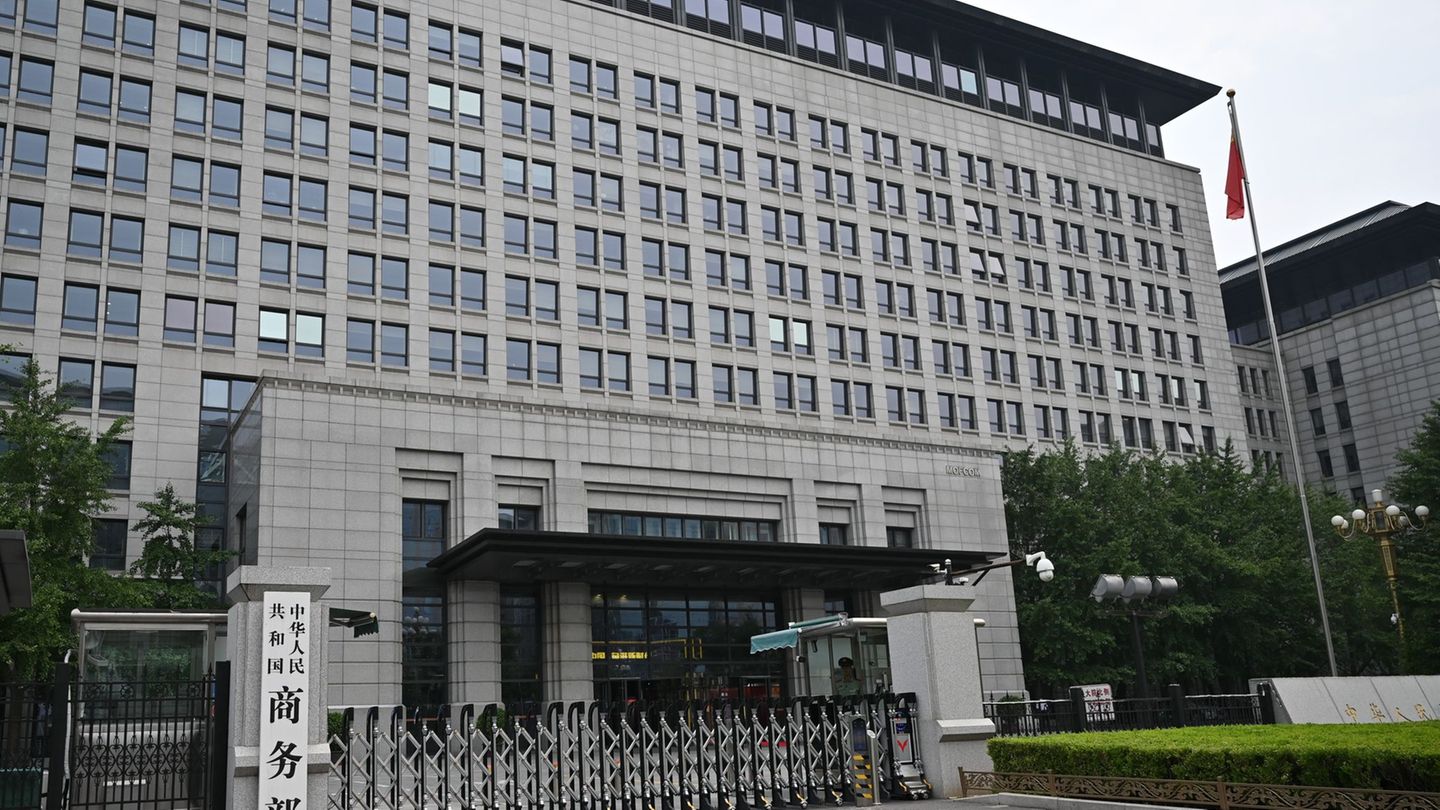The potential presidential candidate for the National Party (PN), Laura Raffoassured that the Central Bank of Uruguay (BCU) should accelerate the decline in interest rates in order to strengthen the dollar versus weight.
Raffo’s words took place in an act of his new political sector, Sumar, held yesterday, and were addressed to the claims of the agro-export sector for the current exchange rate delay.
The economist also recognized that the drop in interest rates has a limited impact on the competitivenessTherefore, if he heads the next government, he would take other actions to make the dollar cheaper and moderate the consequences of the exchange rate delay on the productive sectors of the country.
“The countryside is a great engine for our country, the direct and indirect activities of the countryside represent a fifth of our GDP (Gross Domestic Product),” said the nationalist.
“The people of the countryside have not only had to go through the worst drought in 100 years”, but also “it is raising a new concern for us which is the exchange rate delayand we listen to them,” he said.
Raffo He highlighted the government’s performance in inflationary matters and celebrated that the inflation is “at historical lows”, which allowed the BCU a gradual decline in interest rates.
“We listen to the productive sector and we want to guarantee that this generation of employment continues and multiplies to guarantee more prosperity and well-being for all,” the economist concluded.
The Rural Association claimed to correct the exchange rate delay
Last July, the president of the Rural Association of Uruguay (ARU), Patrick Cortabarriademanded from the government a correction of the exchange rate delaywhen pointing out that “there is a loss of competitiveness only with China 28%”.
Cortabarría pointed out in dialogue with Crónicas Económicas that the Ministry of Economy and Finance (MEF) and the BCU “focused on controlling inflation,” but questioned that this measure “is harming the entire export sector and the entire tradable sector, which are the private sector and job creators.”
Source: Ambito




